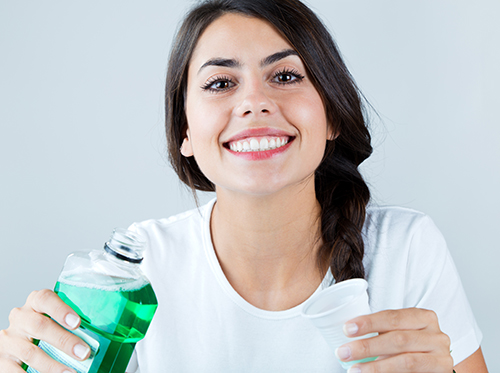Football Season? Practice Dental Defense
September 7th, 2022

It’s finally football season, and whether you’re on the field, at the game, or watching at home with friends, it’s time to work on some defensive dental strategies.
Taking the Field
If you’re playing team football, you already know just how important your mouthguard is. So important, it’s actually part of every uniform. But if your gridiron is the local park or your backyard, you need protection, too! Amateur sports cause a significant percentage of dental injuries every year, and that’s a statistic you don’t want any part of. A store-bought or custom-fitted mouthguard from our Huntington Beach, CA office will help protect your teeth and jaw in case of a fall or collision. If you have a player in braces, a mouthguard is especially important.
In the Stands
Cheering your team on with stadium food in hand is a time-honored game tradition. But some of those options are offensive players. How to hold the line? Cut back on foods that are loaded with sugars and simple carbs, as these are the preferred diet of cavity-causing bacteria. And if the food sticks to your teeth, that gives these bacteria extra time on the clock to produce enamel-damaging acids. Unfortunately, a lot of stadium food falls into these categories. Giant pretzels, soft drinks, chips, caramel corn—sticky, sugary, sticky, sugary, and sticky. But you don’t need to deprive yourself completely. Enjoy in moderation, and hydrate with water to increase saliva (which has many tooth-strengthening qualities) and to wash away food particles.
Home Field Advantage
For most of us, the best seats in the house are right in our living rooms—and our kitchens. Buffalo wings! Chips and salsa! Brats and sauerkraut! However tasty, these snack favorites have something else in common—acidity. Just as the acids produced by bacteria affect our enamel, so do the acids in our foods. Add sugars and simple carbs like sodas, chips, and fries to the party, and you have an enamel blitz attack. There are plenty of dental-healthy snack options available, such as vegetables with hummus dip, or cheese and whole wheat crackers, to add some variety to your menu. If you do eat acidic foods, don’t brush immediately after, since acids weaken tooth enamel, and brushing then can cause enamel erosion. Instead, rinse with water and brush after thirty minutes. You might miss part of the half-time show, but it will be well worth it.
Give some of these tips a try for a winning football season. On the field, at the snack counter, in your TV room, you can enjoy the game a little more by knowing that, when it comes to your dental health, you’re providing complete zone coverage.




